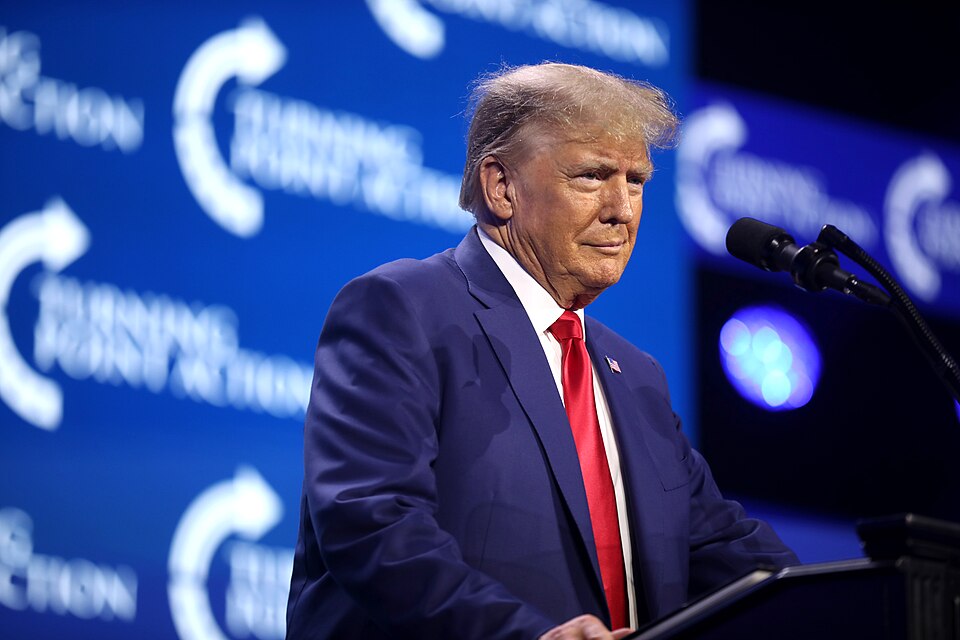
President Donald Trump has signed a new executive order that dramatically changes the H-1B visa program, which allows skilled foreign workers to work in the U.S. Going forward, companies
sponsoring H-1B applicants will have to pay $100,000 per worker, per year — a massive jump from the current fees of around $1,500.
The order, which takes effect September 21, only applies to new visa requests. But once approved, companies will have to keep paying that annual fee for up to six years — the full duration of an H-1B.
Commerce Secretary Howard Lutnick explained the logic bluntly: “The company needs to decide... is the person valuable enough to have a $100,000-a-year payment to the government, or should they hire an American instead? All of the big companies are on board.”
Why this matters
The H-1B program has always been controversial. Critics say it lets companies replace U.S. workers with cheaper labor from abroad, while supporters — including figures like Elon Musk — argue it’s essential for attracting global talent and keeping the U.S. competitive.
Amazon has been the biggest user of H-1B visas in recent years, followed by Tata, Microsoft, Meta, Apple, and Google. On Friday, Amazon urged H-1B employees already in the U.S. to stay put and advised those abroad to return before the deadline if possible.
India, which accounted for 71% of H-1B approvals last year, stands to be hit the hardest by the change. China came in second at about 12%. India’s top tech trade group, Nasscom, said the order is causing “considerable uncertainty” for companies, workers, and students worldwide.
Small businesses fear the worst
While tech giants may be able to afford the steep new fees, small and mid-sized businesses are panicking.
“This $100,000 as an entry point is going to have a devastating impact,” said Tahmina Watson, an immigration attorney in Seattle. “Almost everyone’s going to be priced out. Many companies genuinely can’t find American workers to fill these roles.”
Others warn the move could drive companies to move operations abroad. Jorge Lopez, an immigration law expert, said the change would “put the brakes on American competitiveness” in tech and beyond.
A long-running Trump dilemma
Trump’s stance on H-1Bs has seesawed for years. As a candidate, he courted Silicon Valley by suggesting foreign graduates of U.S. universities should get green cards automatically. But once in office, he tightened oversight of the program, leading to record rejection rates in 2018.
Now, with the new $100,000 fee, Trump has taken the biggest swing yet — one that could reshape how global talent flows into the U.S. Photo by Gage Skidmore from Surprise, AZ, United States of America, Wikimedia commons.









































